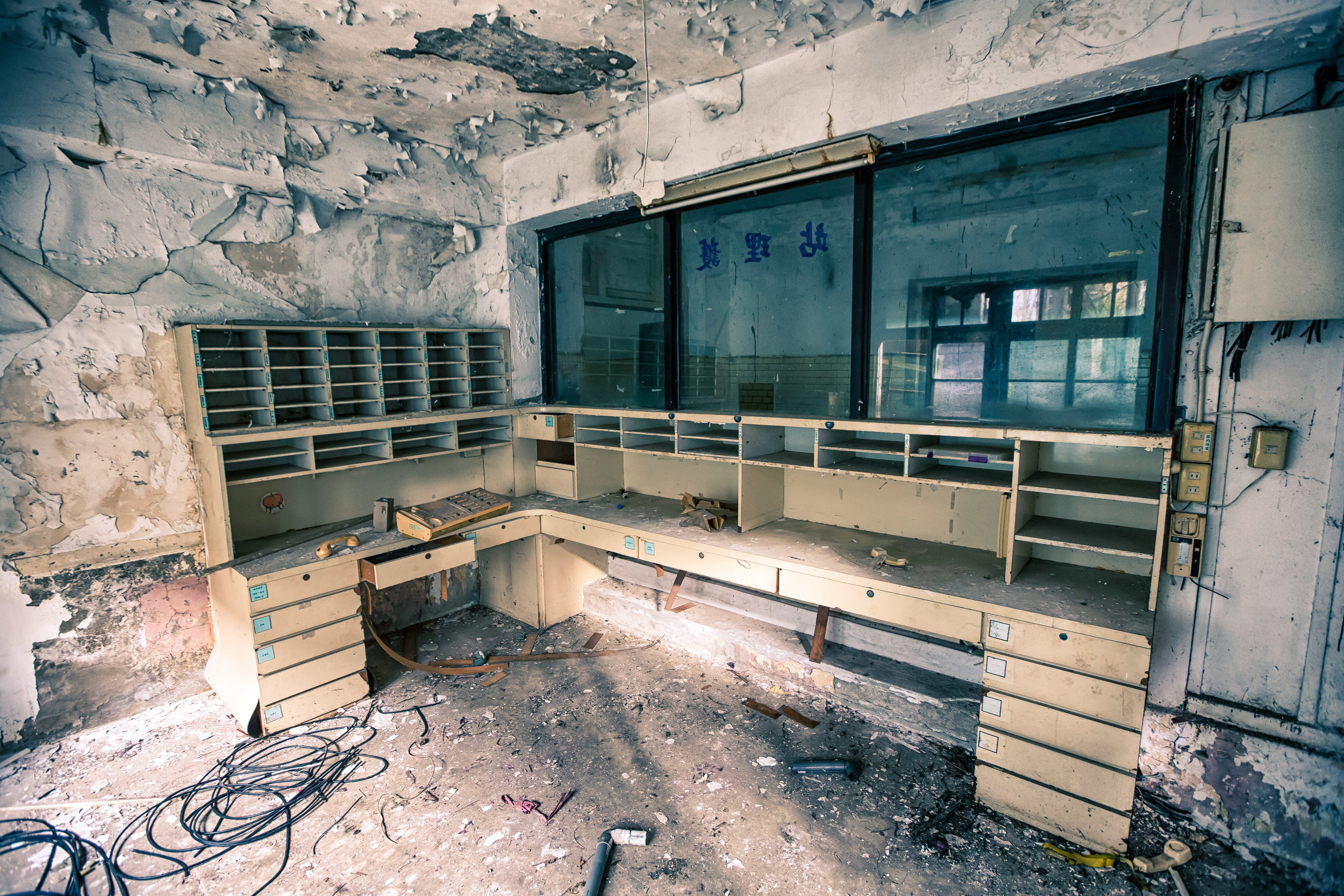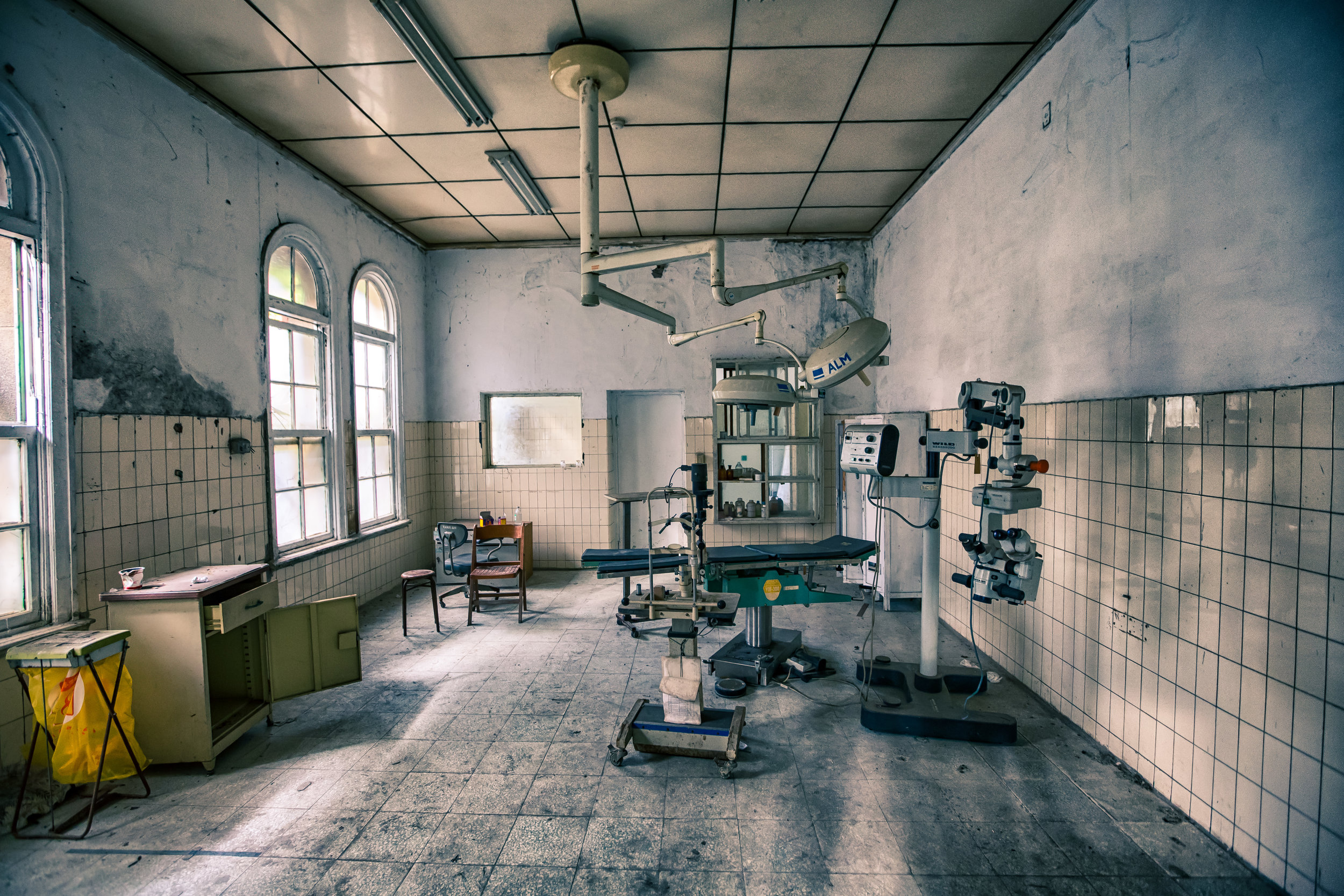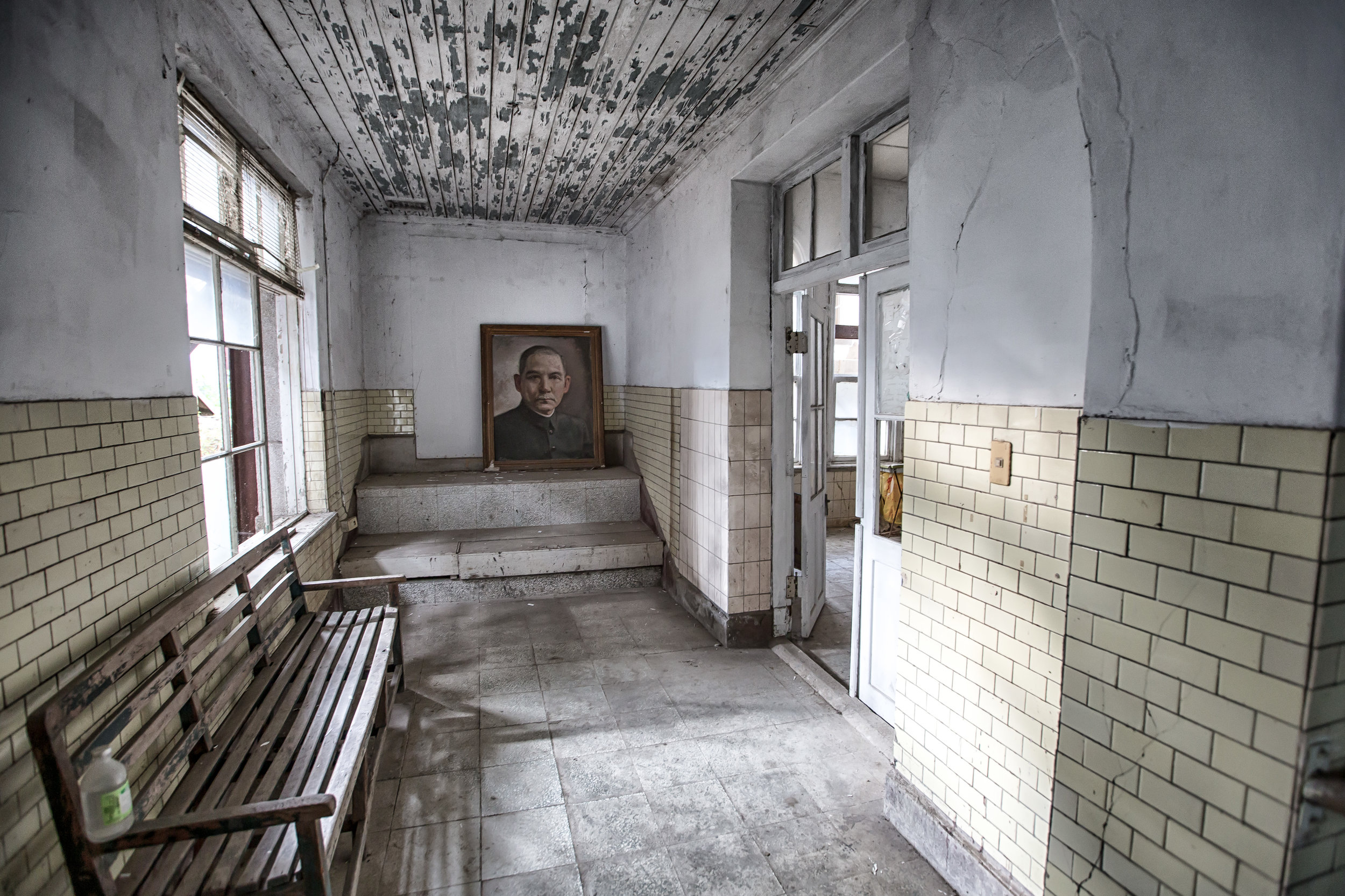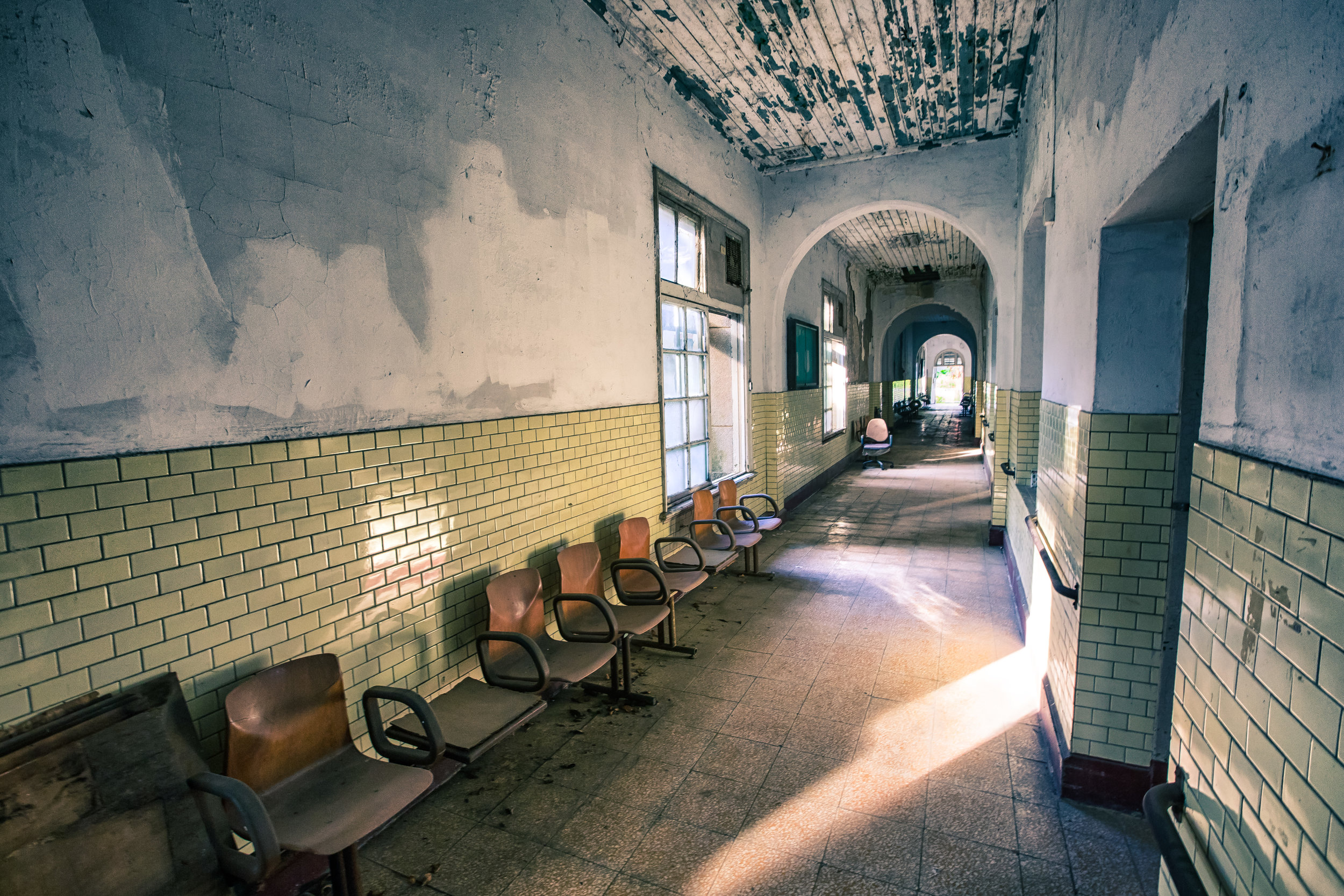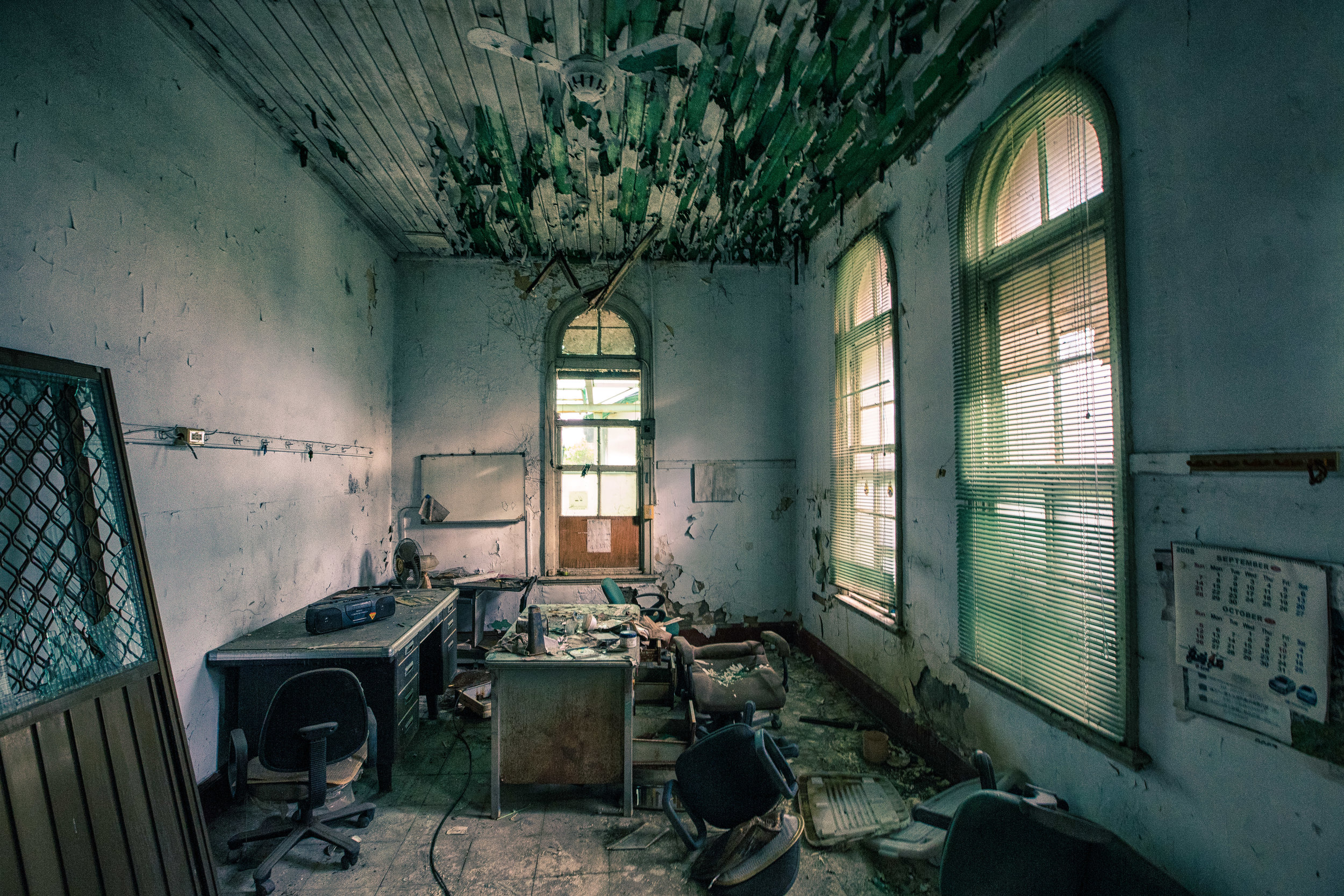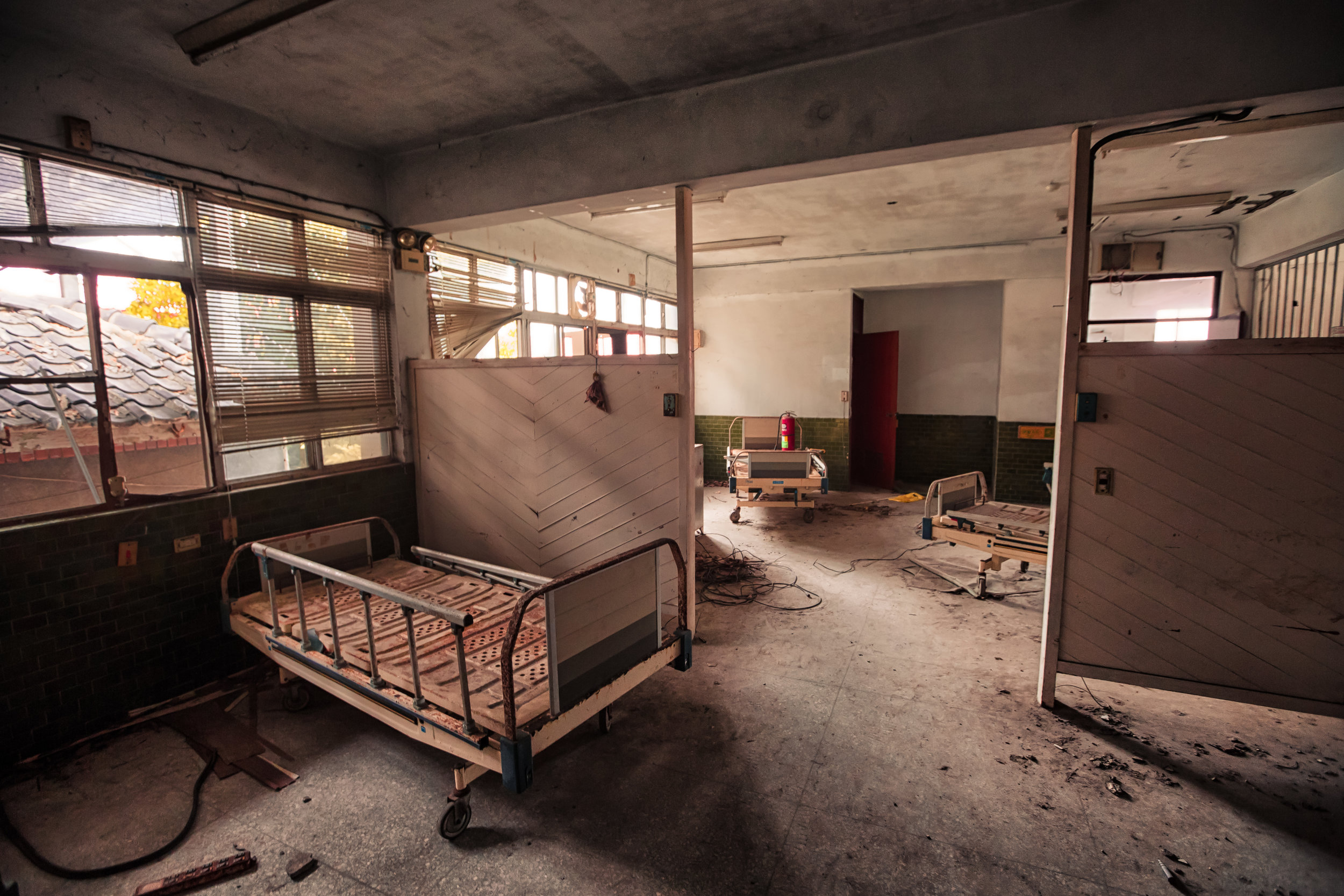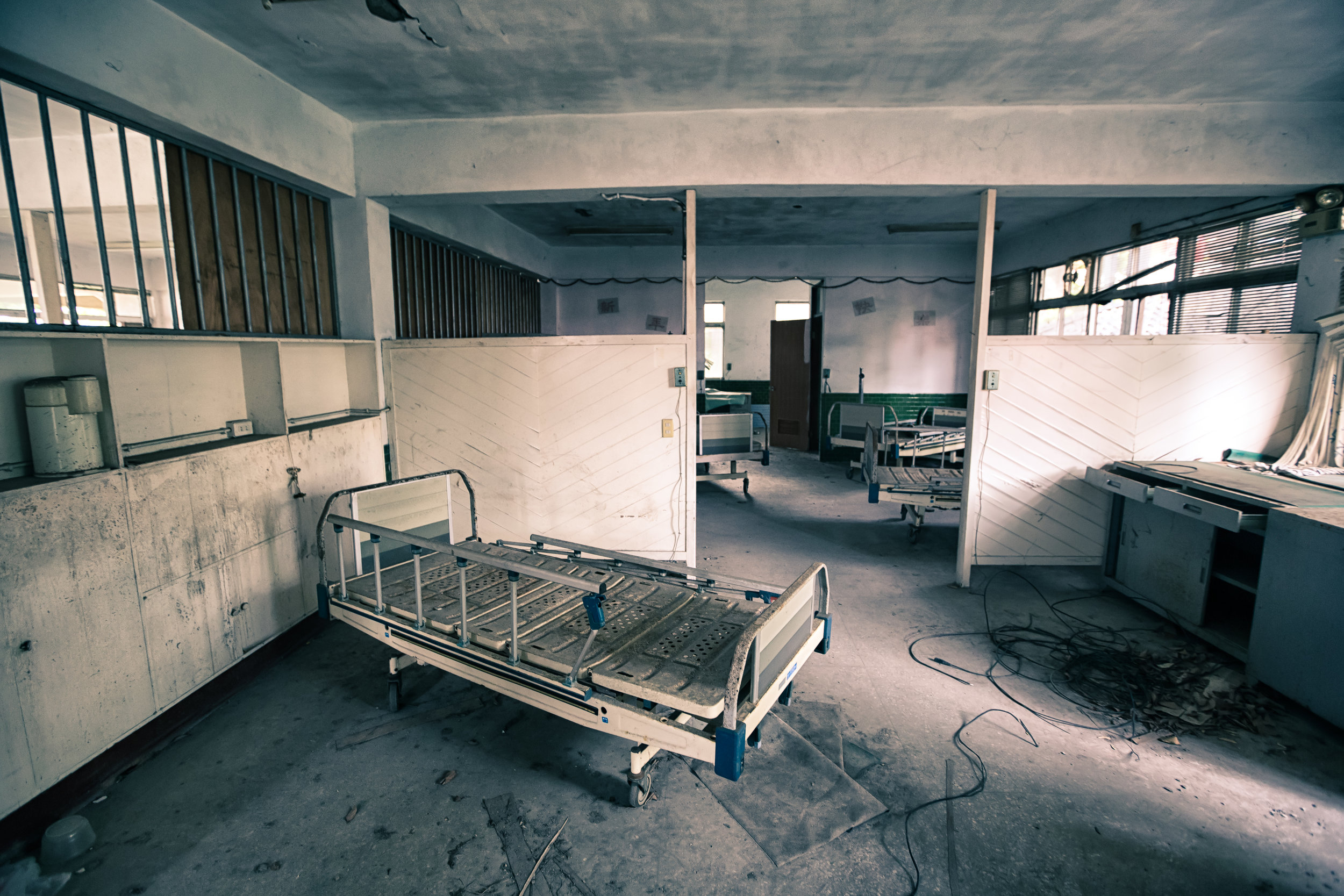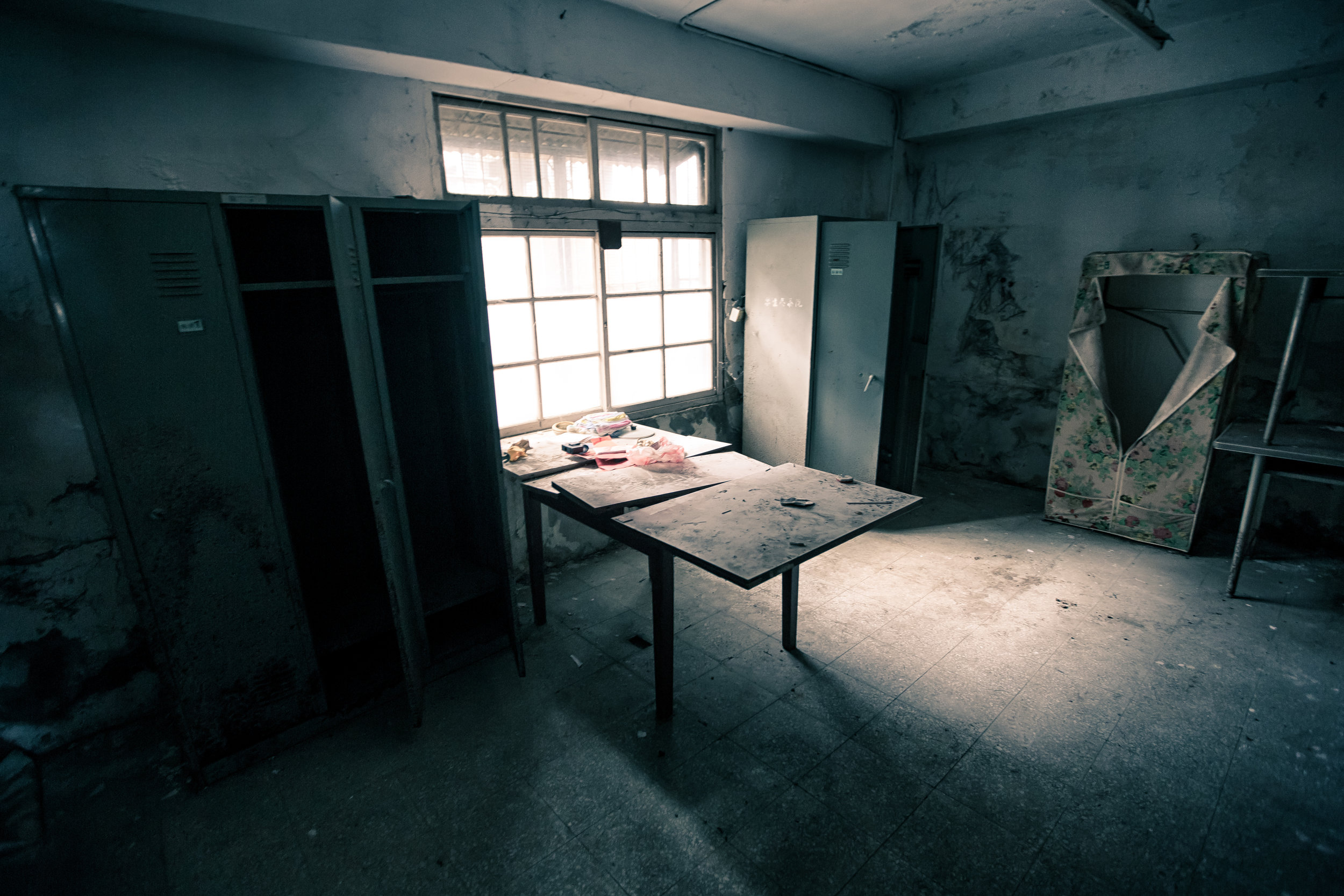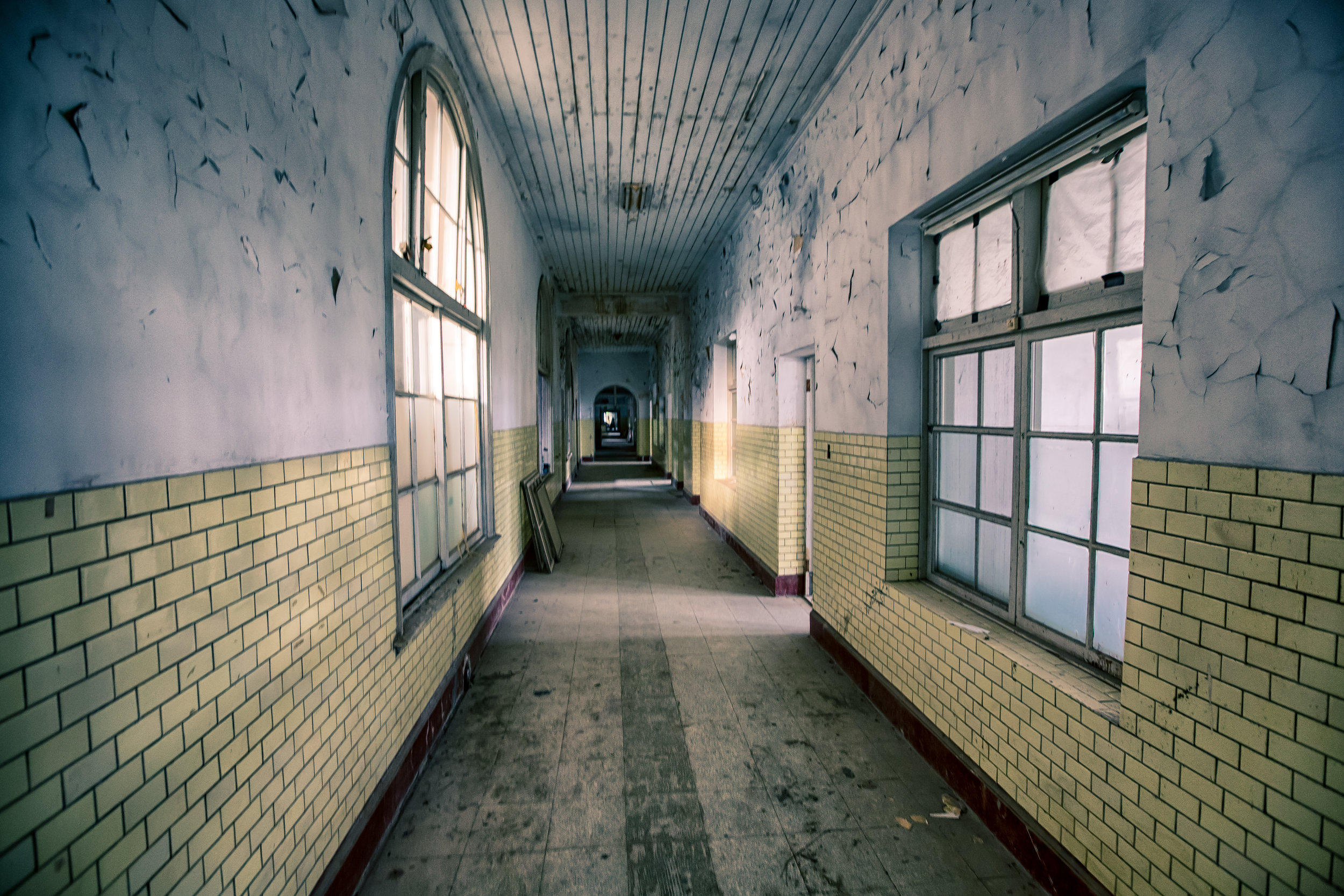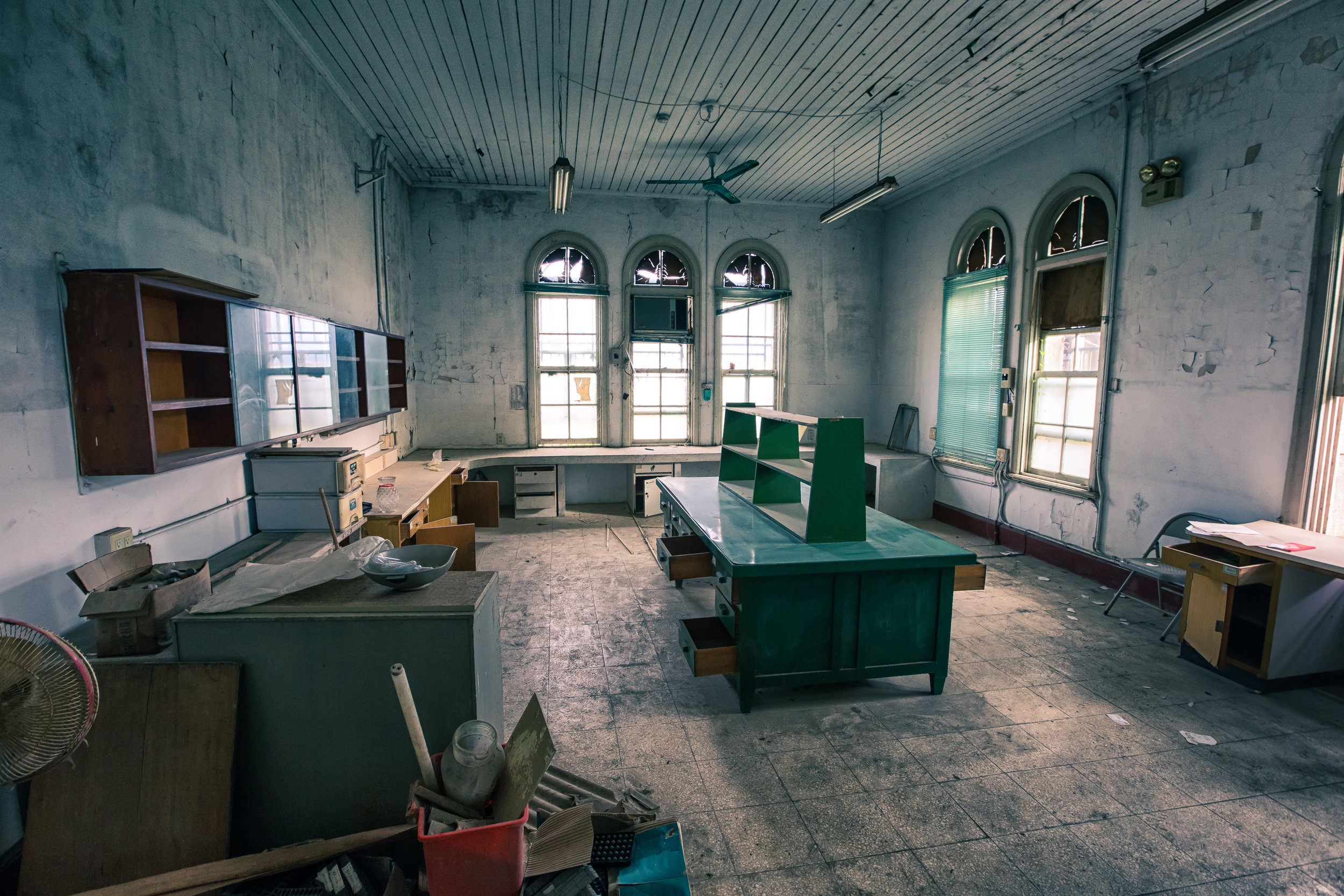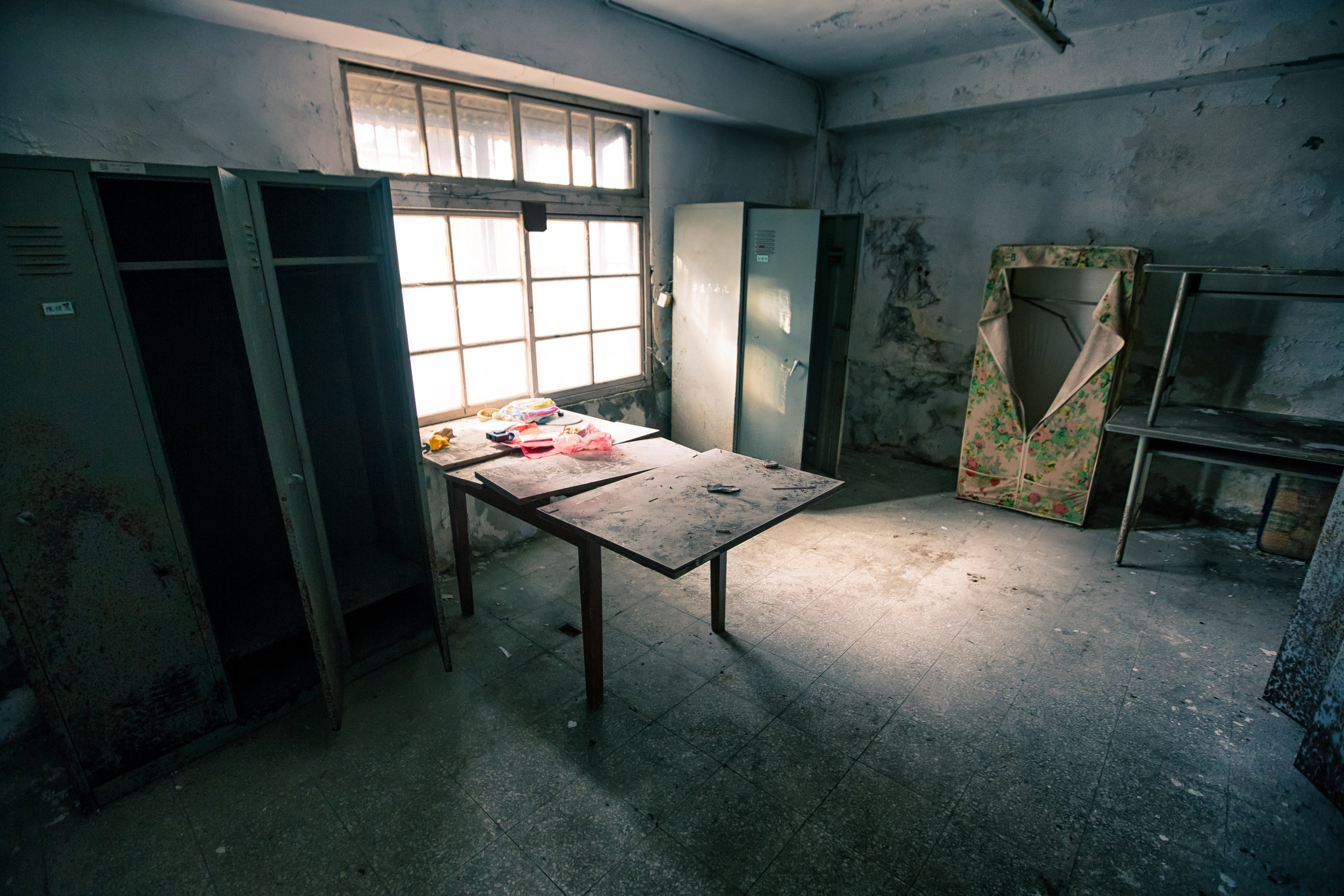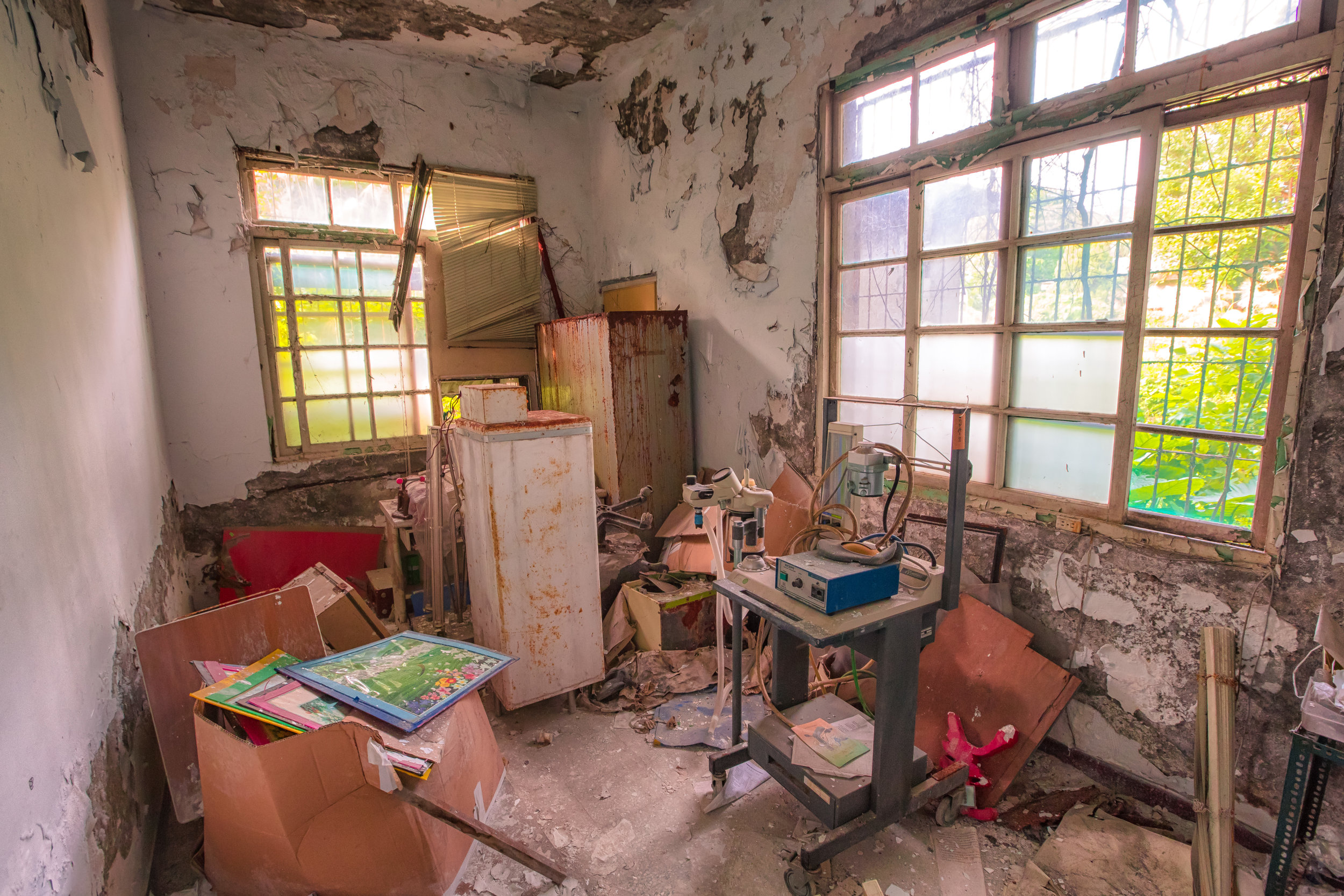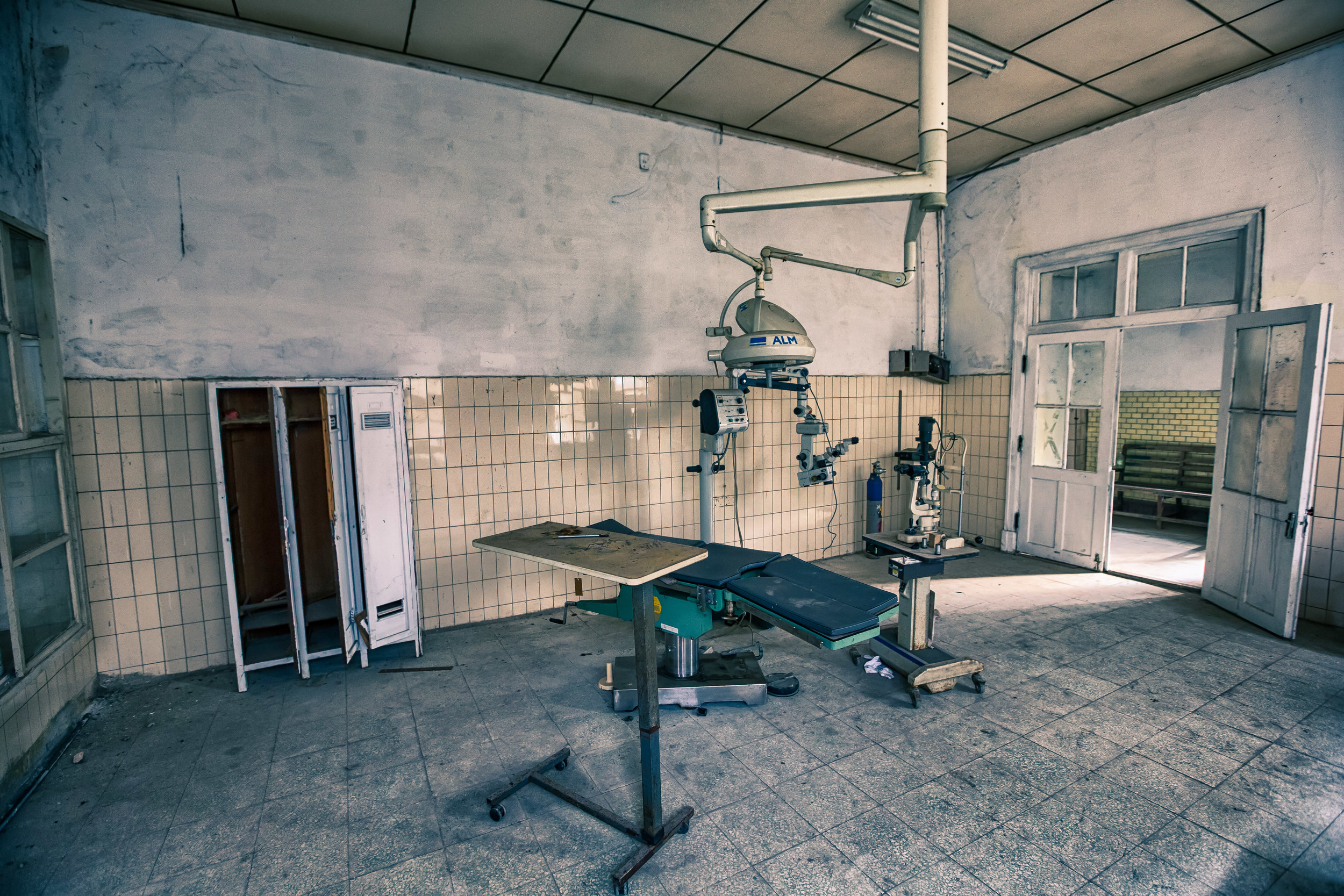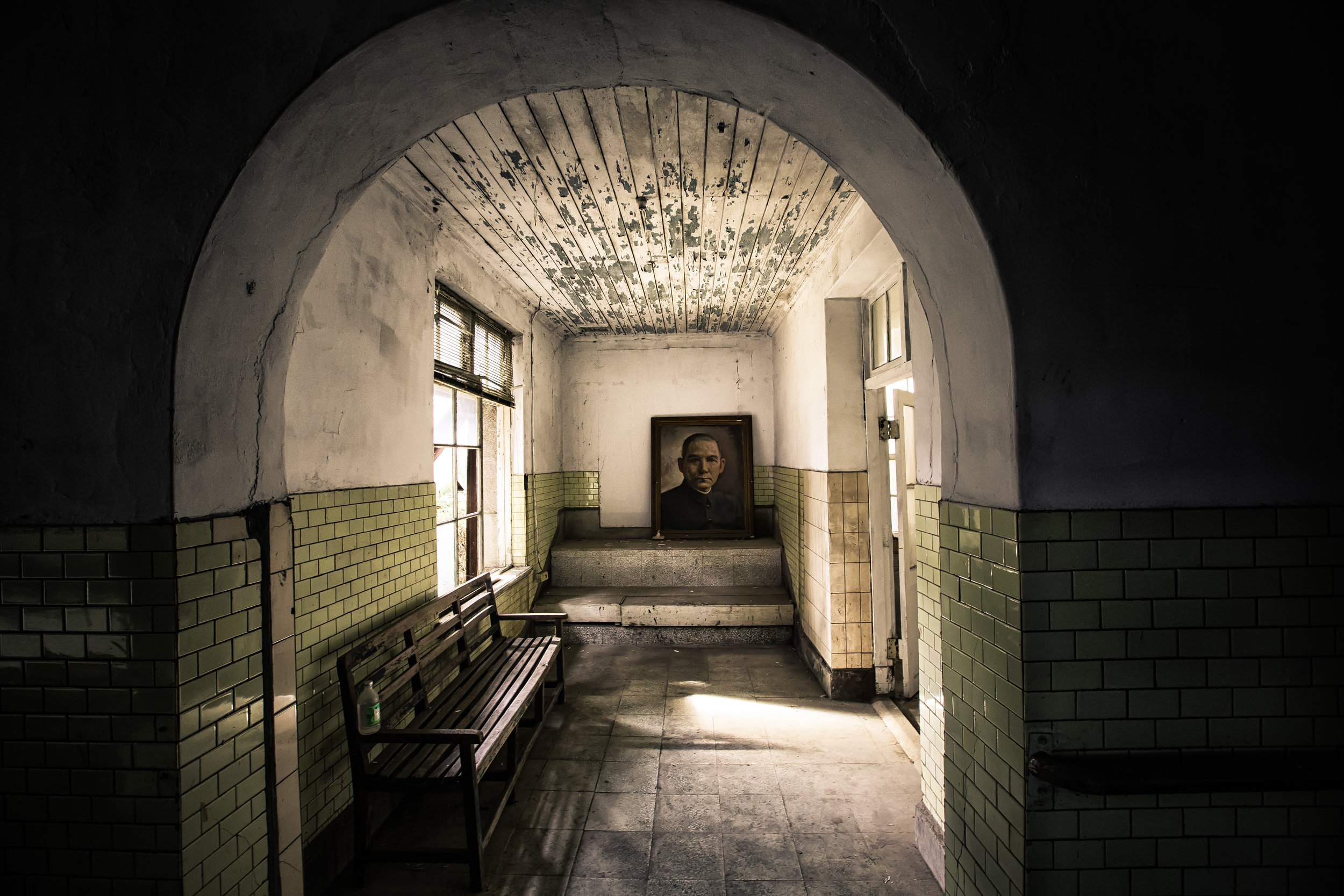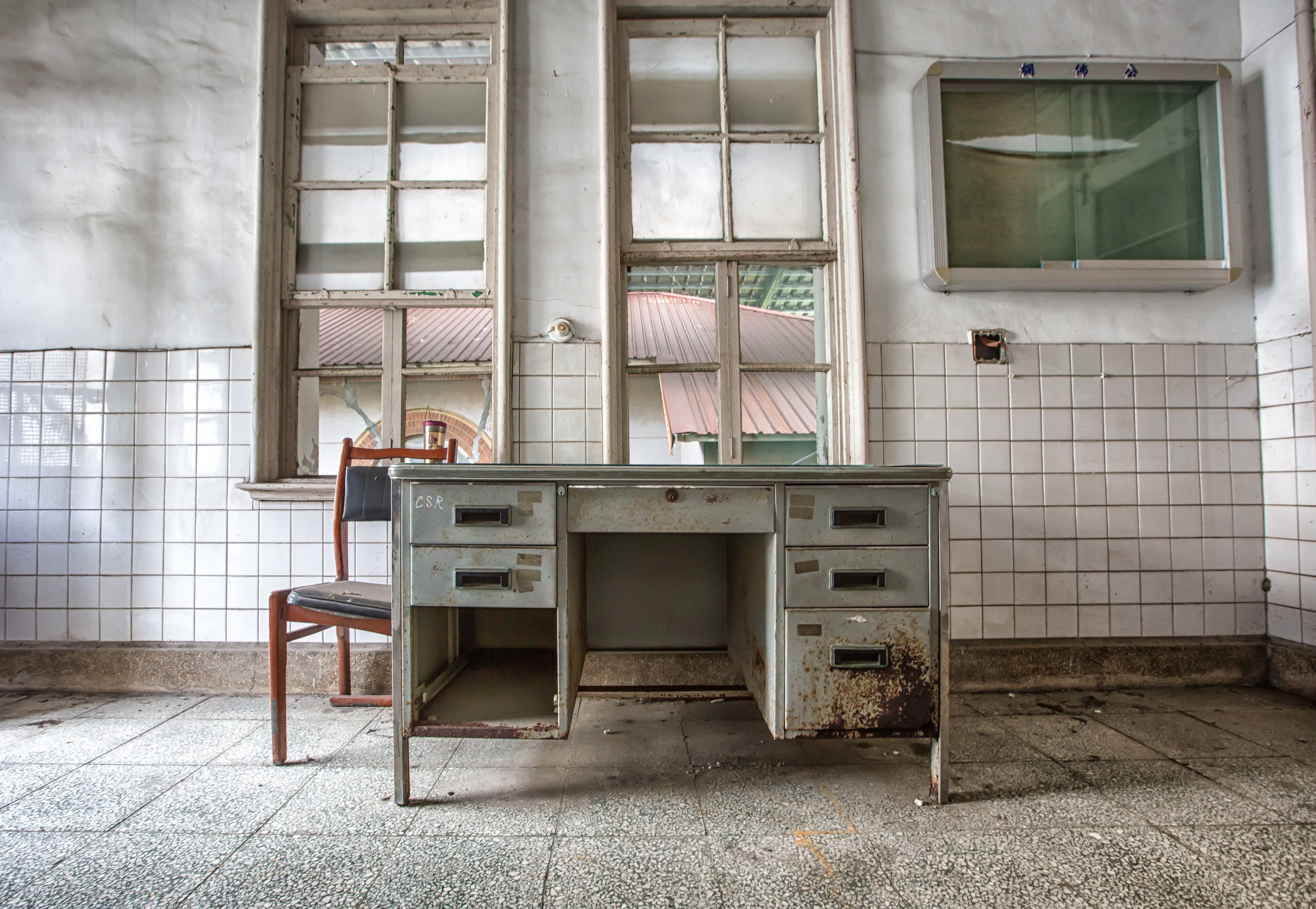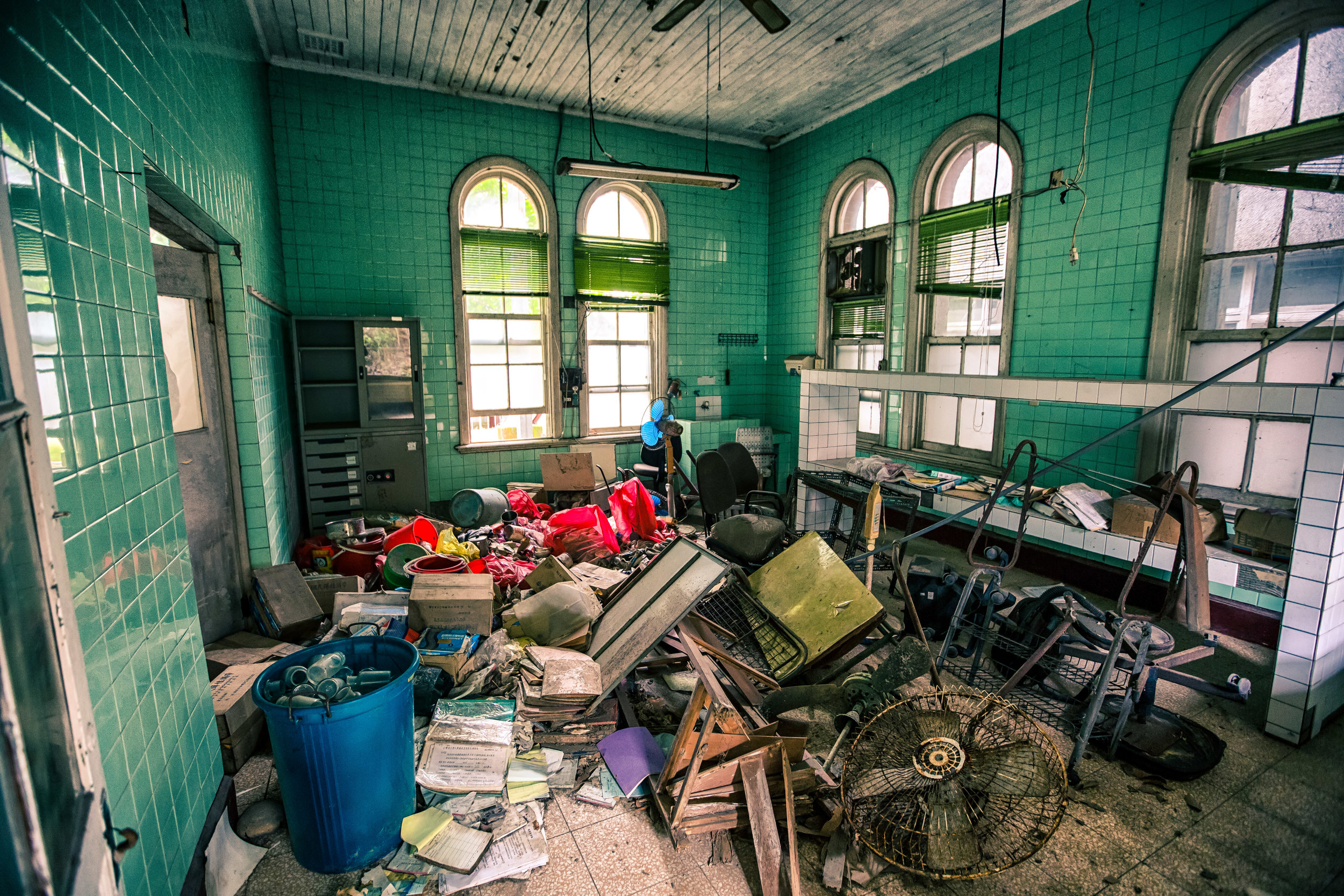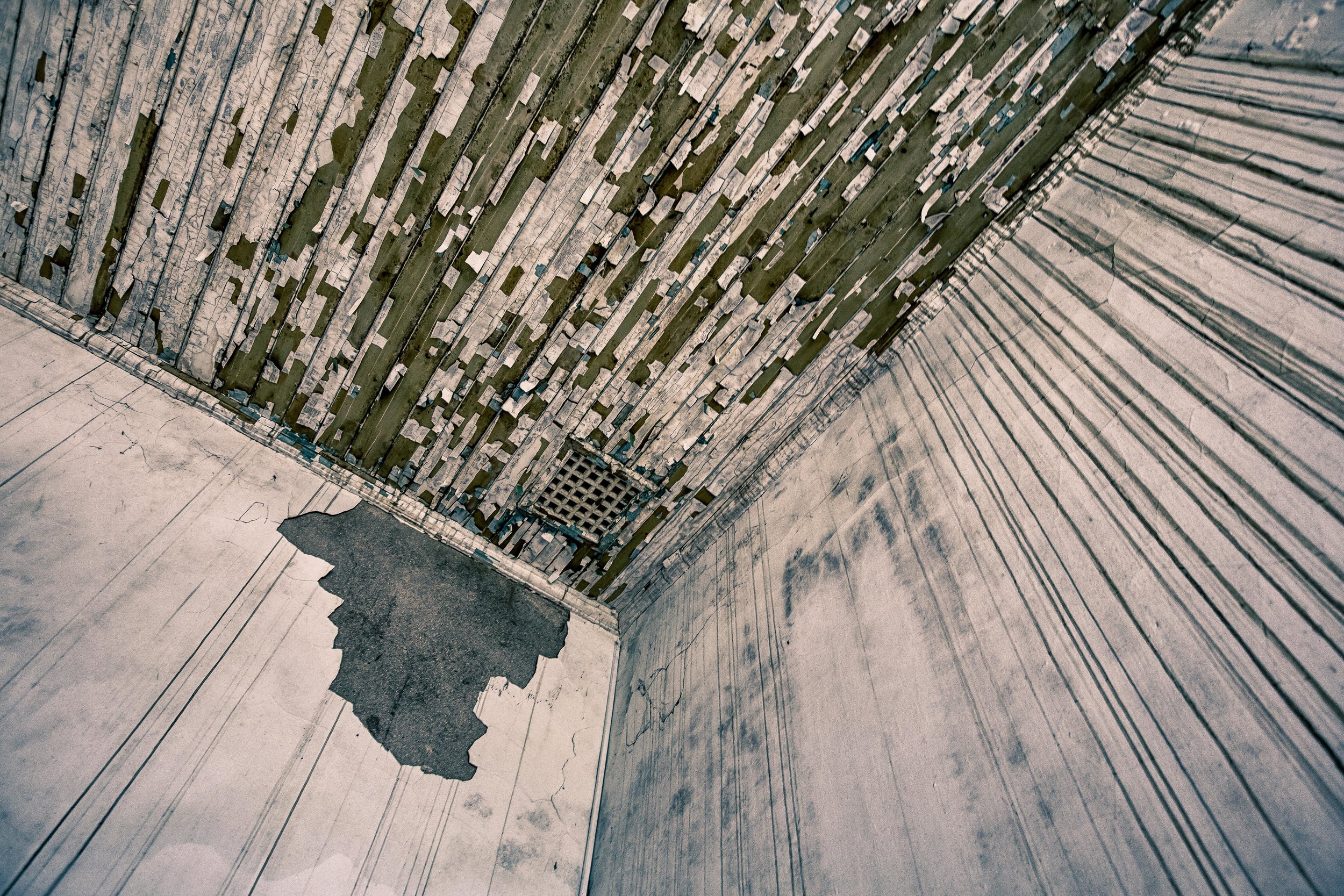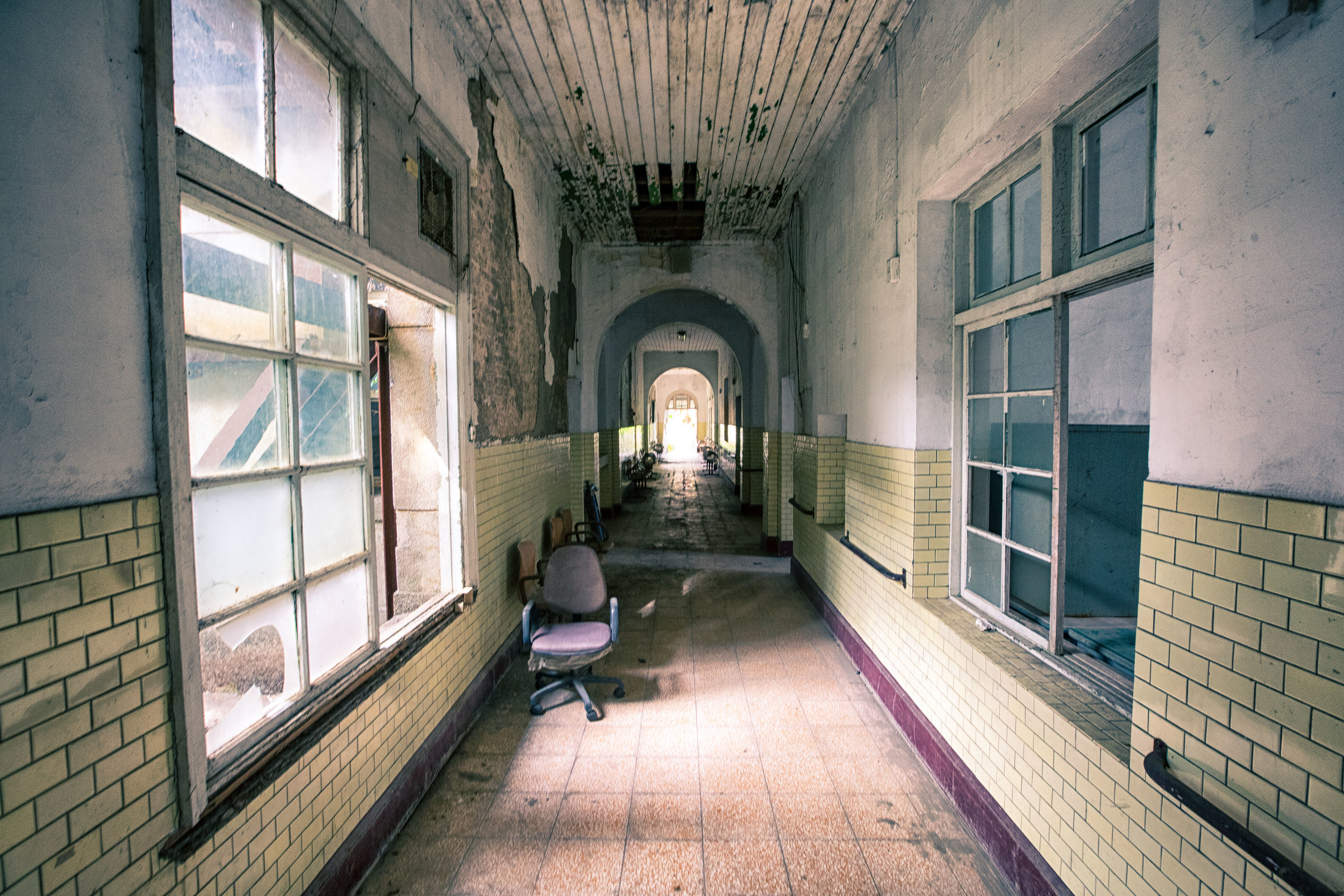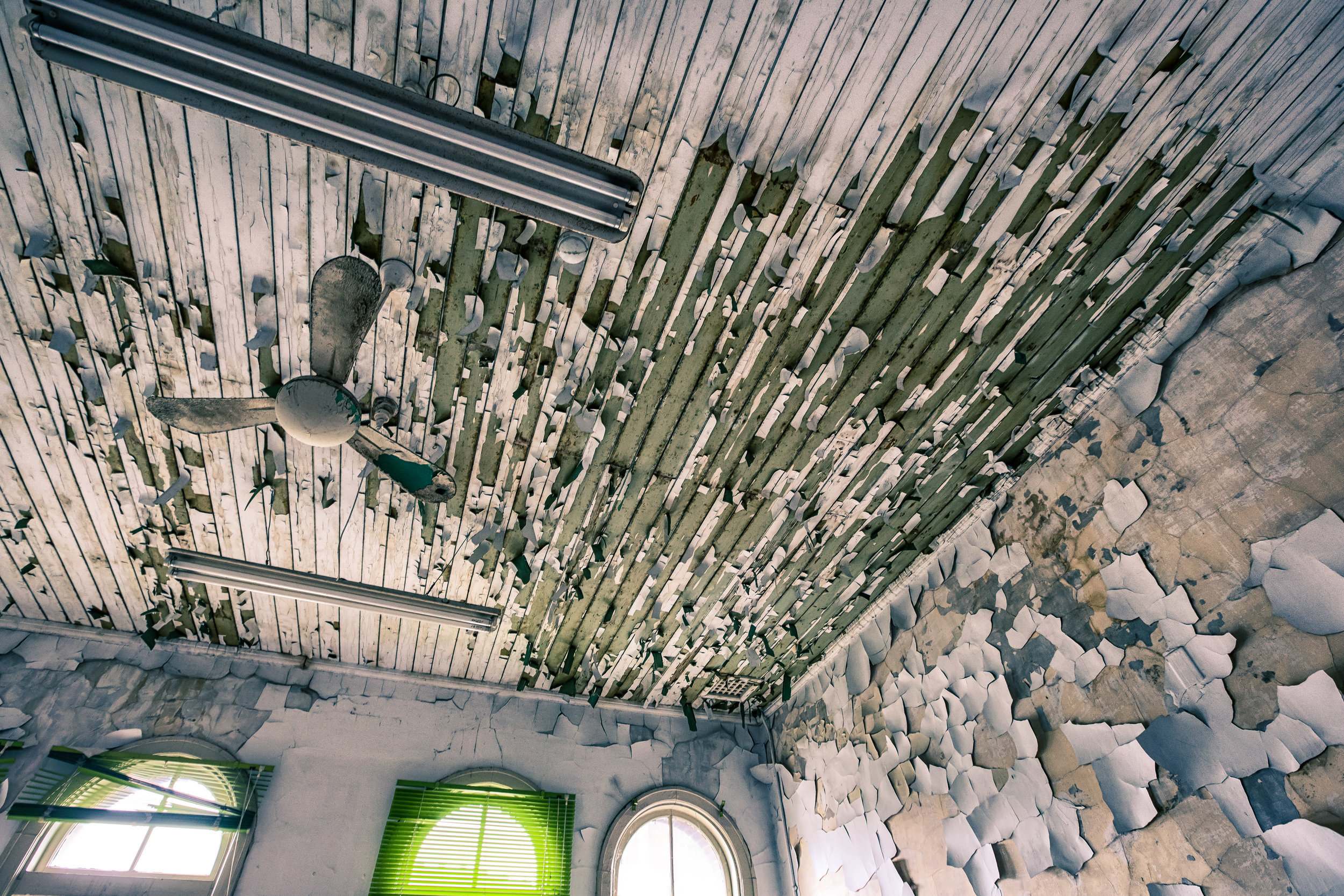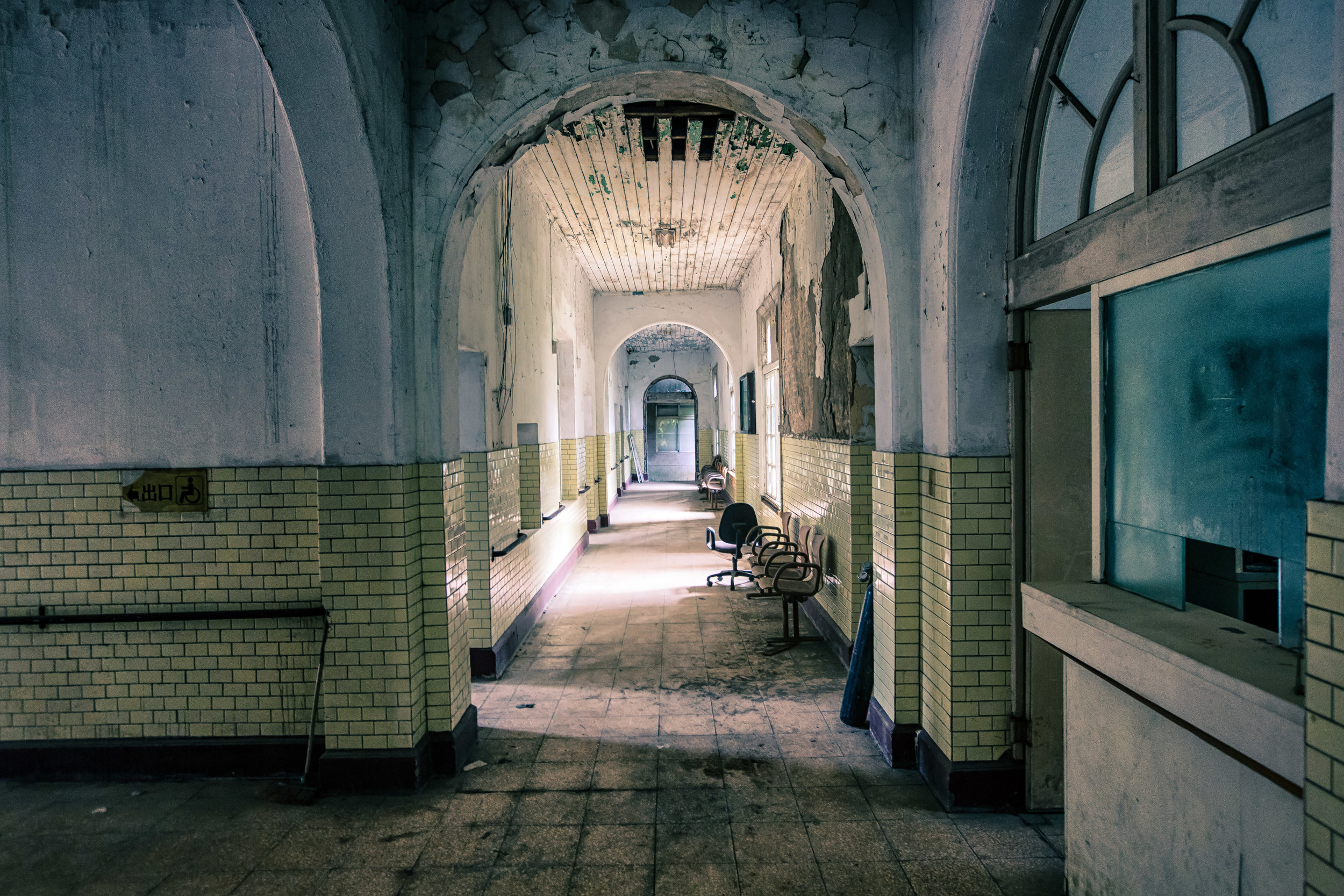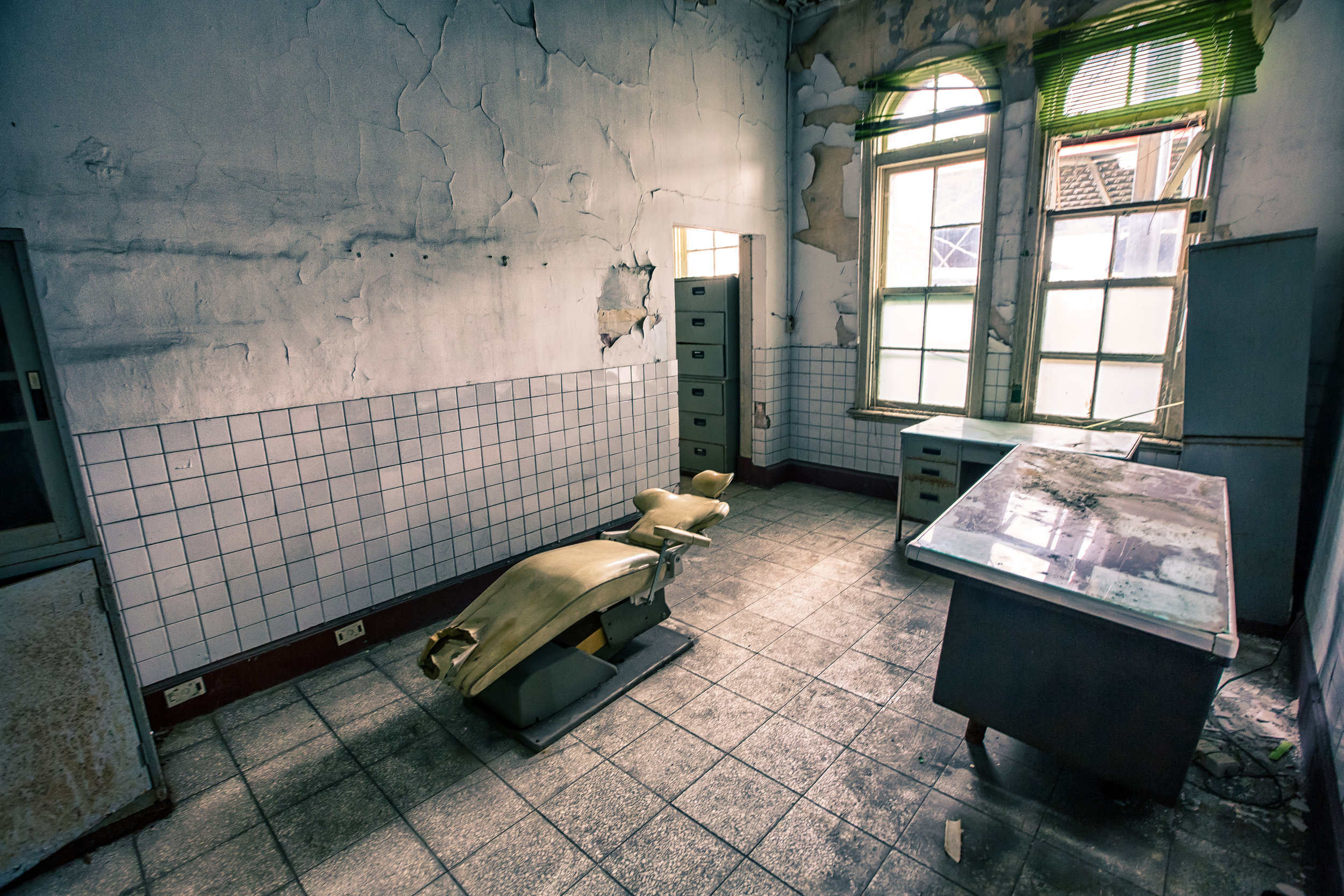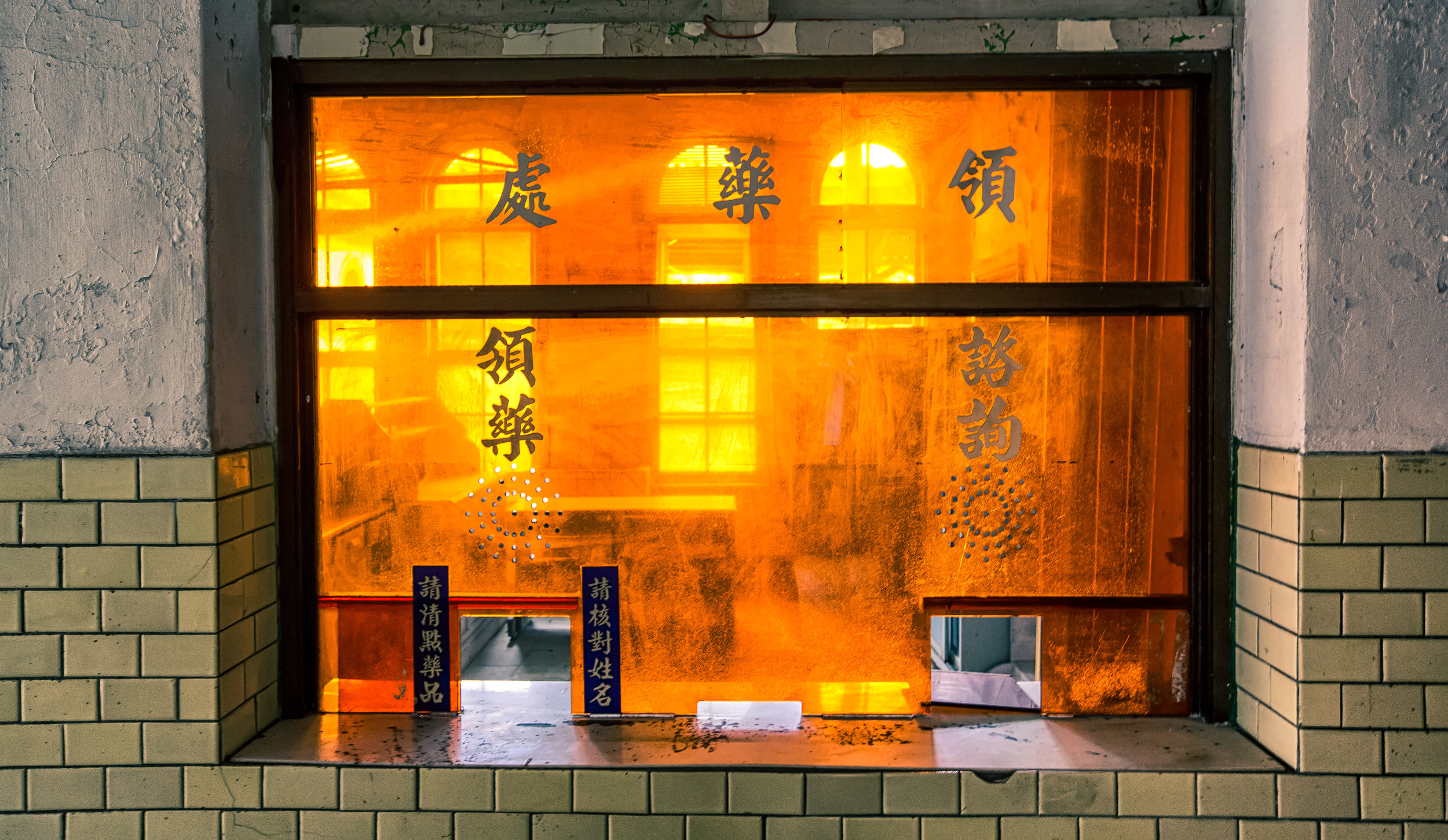Since I opened this website a few years back, one of my most consistently popular blog posts is the one I wrote about the abandoned Losheng Sanatorium in New Taipei City.
The Japanese-era sanatorium is one of the most accessible abandoned buildings in northern Taiwan and is one where beginner Urban Explorers are able to get their feet wet with an expansive hospital complex with a considerable amount of left bedding historic materials.
Even though the Sanatorium has been abandoned for several decades and offers easy access, it is important to remember that the area is still home to a community of people who suffered from leprosy and never felt like they were able to fully rejoin society.
The popularity of the abandoned hospital has become somewhat invasive into the lives of the people of the close-knit community that surrounds it and I’ve heard from friends that they have had to get guards to block access to large groups of people who show up on weekends to check it out.
When I took the photos for my first post about the hospital, I visited alone and made sure to take time to become acquainted with a few of the residents of the community. I think the fact that I showed interest in the hospitals history and made an attempt to get to know the story of the residents of the community helped out quite a bit.
It helped not only with my writing and understanding of its history but by becoming a recognizable face to some of the residents of the community, which made it easier to enter the building. If you plan on visiting, why not spend some time getting to know some of the people that it originally served and try to understand the history of the building a little better? I guarantee that you’ll feel better if you do and it is also helping out a group of people who have been marginalized by society due to the negative physical effects of leprosy.
So what was the reason for my most recent visit to the Sanatorium? Well its quite simple - I’m in the process of updating quite a few of my blog posts and as I’ve heard that things are changing at the hospital, I decided to go back and check it out to see what’s new and if I needed to update any of the information I’ve provided.
With the renewed interest on the national level for preserving historic buildings from the Japanese Colonial Era, it seems that the efforts of civic activists over the past decade to have the abandoned hospital preserved for future generations has met with a bit of success as of late. That success however is not fully decided yet and discussions are ongoing about what course of action the government will take to preserve the building and what is best for the community around it.
Unfortunately information about all of the most recent developments are only in Chinese and as nothing is yet concrete, I’m not going to spend a lot of time translating what is going on - Here are a few links however that explain current events with regard to the preservation of the community and the MRT depot that is encroaching on its space as well as (in my opinion) one of the best English blog posts about the place.
- Losheng Sanatorium (Over the City)
- 胡慕情專欄:樂生療養院保留運動 未到休止 (2017/10/07)
- 頂坡角上的傷痕──樂生院如何撫平? (2018/01/12)
Since my last visit a large canopy has been constructed above the building which is meant to help preserve the original building and its beautiful Japanese-style roof from the elements until the restoration efforts commence. The interior of the hospital has also been cleaned up with several rooms being emptied - most notably the former library - with quite a lot of the original historic documents being removed.
My photos this time focused on aspects of the hospital that I may have missed in my previous visits, so if you want to see the full set of photos from the hospital, make sure to click the Flickr link below that has both my older photos as well as these new ones.
I’ll continue to update the original blog post as planned, but I won’t make another visit to the hospital until it is fully restored which I hope is sooner rather than later considering the condition of the roof in some areas of the building.
If you plan on visiting, make sure to be respectful of the residents of the community and be reminded that if you visit on a weekend with a large group that you may be denied access
Gallery / Flickr (High Res Shots)
